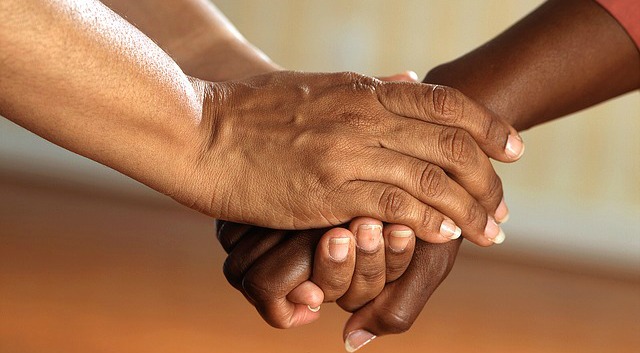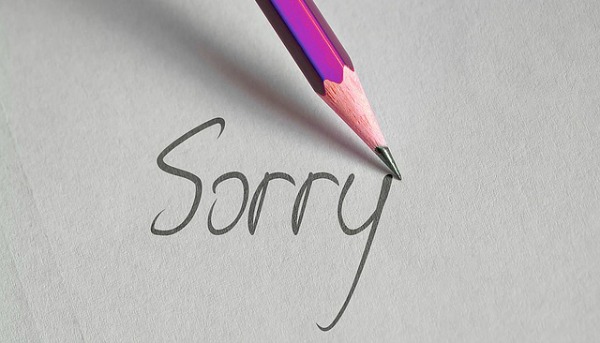Mistakes are going to happen. It doesn’t matter if you’re the consummate professional. It doesn’t matter if you’re an expert at what you do and everyone in the team is the same. Something is going to give eventually and sometimes it can cause you considerable public, finance, and legal headaches. So, how do you go on and make sure that the mistake doesn’t become the moment that everything started to fall apart?
Investigate, Learn, and Implement
When you’re a business owner, you should always be prepared to learn. Don’t just learn how to get more and how to do better in order to maximize profits and productivity, however. When someone in the business makes an error, you should be prepared to learn from them as well. Investigate where exactly the error happened, how it happened, and see if there isn’t some standard you could have put in place that could have helped you avoid it. For instance, if a parcel got delivered to the wrong address and the purchaser never received it, then you might need to look at a computerized triple checking system in your packaging room or going with a different fulfillment company.
Know When To Hold Up Your Hands
Perhaps the greatest damage a mistake can do is in the public perception and reputation of the business. But it’s not necessarily the mistake itself that does that damage. It might be your reaction and how you handle it. Dealing with individual complaints and poor reviews is best done in private. However, when there’s a public outcry, you have to be willing to address the issue, to admit fault, and to apologize earnestly. People accept that mistakes happen and you can even win some kudos by making public the new steps you’re implementing to ensure that the error doesn’t happen again.
Don’t Let It Drown The Business
Some missteps are more grievous than others. Some involve real liability and the risk that you could be paying out more than your business can handle. That’s why all businesses should seriously consider their need for liability insurance. While sometimes you should admit to, investigate, and prevent mistakes, that doesn’t mean you should have to pay for them to a degree your business can’t handle. Be aware of their possibility and have a contingency to give you at least some financial distance from them.
Be Kind

Internally, you need to handle mistakes with grace as well. If it’s done by one of your employees, accountability is important. That people are honest with you and you’re able to find out how a mistake happened is crucial to learning from it. However, if you’re too harsh on the person at fault, you can seriously damage the culture of accountability you’re trying to build. People will be too afraid to admit mistakes. While addressing errors, you should only take drastic disciplinary action when a mistake is particularly unprofessional or is part of a long-standing pattern. Educate and forgive when you can. Then take responsibility yourself. Having your employees’ back in a time of crisis can really help improve the company culture and motivate everyone to work to a better standard in future.
Having plans to deal with, recover from, and learn from mistakes is crucial for every business. You can set as many standards as you like now, but believing your business will always be safe is an error you can’t afford to make too many times.



